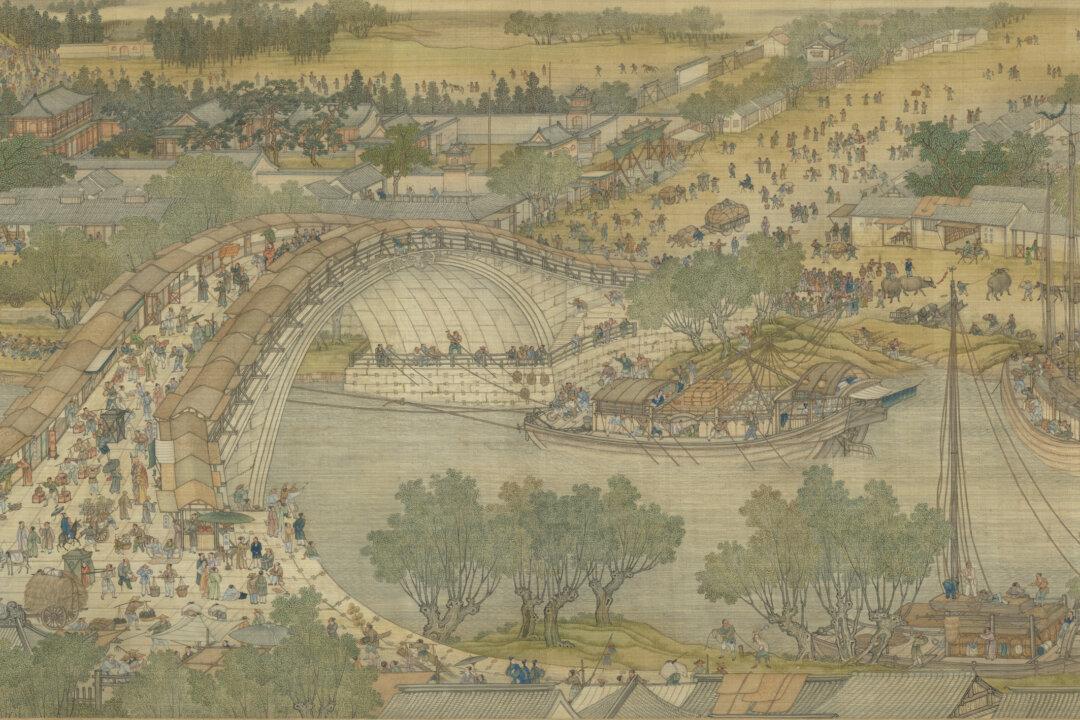The Chinese idiom 舉棋不定 (jǔ qí bù dìng) translates as “lift up a chess piece and hesitate about what move to make.” Literarily, it means to not able to make up one’s mind or to blow hot and cold on a matter. It comes from a story recorded in the book Zuo Zhuan (1).
During the Spring and Autumn Period (770–476 B.C.), King Xian of the state of Wei was a tyrant. In 559 B.C., he was overthrown and driven out of the state by ministers Sun and Ning, then Xian’s brother became the king.
Many years passed. Ning regretted driving Xian out of the state and he told his son Diaozi, who was then a powerful minister, to help Xian return to Wei.
Xian actually had been preparing to take revenge, so he took this opportunity and sent Diaozi a message, promising he would never be a threat to him.
Diaozi discussed this with other ministers. One minister advised him not to believe Xian, saying: “He was a tyrant by nature. Your father drove him out of the country and now you want him back? It is like playing chess and not having a consistent plan. If you just hold the chess piece and hesitate about your next move, you will surely lose.”
However, Diaozi insisted on and succeeded in getting Xian back to the state of Wei. In 546 B.C., Xian killed Diaozi and all the people who were involved in forcing him to leave the country 12 years before.
Later, people used this idiom to describe someone who is very hesitant, unable to make up his or her mind, or people who change their minds often.
A similar Chinese idiom is猶豫不決 (yóu yù bù jué), which is literally translated as “to hesitate and not decide.” It means to not be able to make up one’s mind or to be indecisive.
The “you“ (猶) in this idiom was a kind of legendary animal that was extremely timid and suspicious. Whenever it heard a sound, immediately it would fearfully hide itself, suspecting that there was a hunter nearby trying to catch it or other animals to harm it.
The you would usually jump up into a tree and hide, poking its head out to peek and look all around. Over and over, the you would repeat this behavior, with the result that it spent half of its day running up and down trees and wasted a lot of energy.
Note:
“Zuo Zhuan” (左傳), also called “Chunqiu Zuo Zhuan,” is one of the most important sources for understanding the history of the Spring and Autumn Period (770–476 B.C.). It was attributed to Zuo Qiuming before 389 B.C. and considered a commentary to the “Spring and Autumn Annals.”




